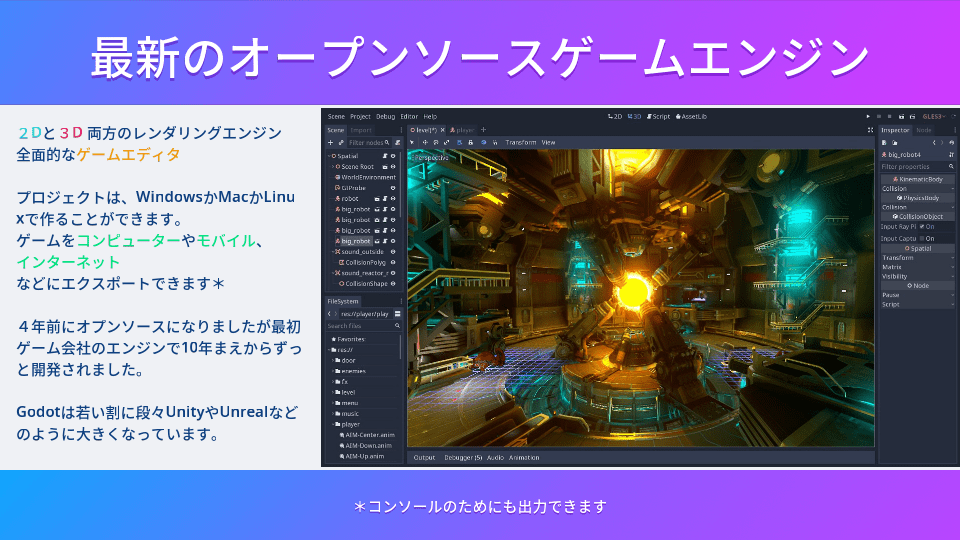Last month, I was invited to Tokyo to present Godot at a local game developer’s meetup. The presentation was based on Godot Slides, our open source Godot slideshow.
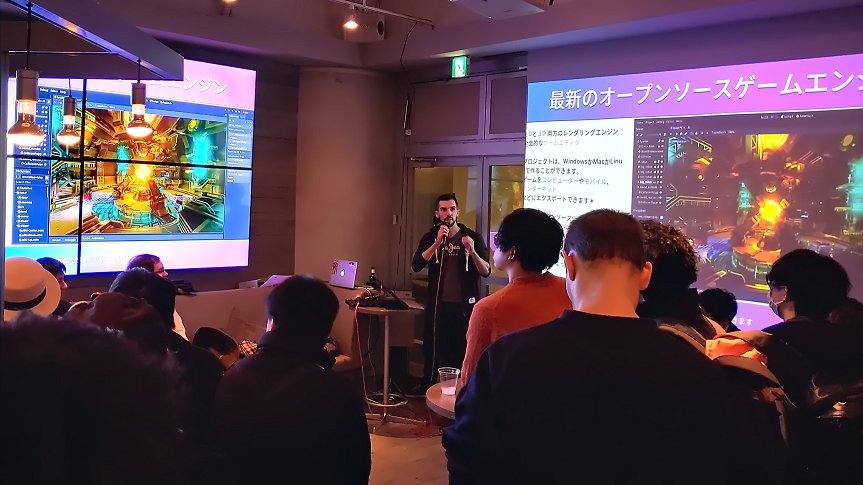
The engine isn’t popular yet in Japan. This is likely due to the lack of learning resources in Japanese. Also, the community is still small in the country. So to grow a thriving community and to attract translators and tutorial creators, we first need to raise awareness: introduce Godot to local developers and try to poke their curiosity.
People need information to know whether or not Godot is a good fit for their projects. Things like Godot’s friendly plug-in API, a big time-saver for teams.
With Godot, you can code tools the same way you code your games. It’s really convenient. Every game developer on the team can contribute to tools that enhance everyone’s workflow easily!
Also, Godot tries to integrate all tools that you need to make a game almost out-of-the-box, from essentials like the off-line code reference to the new animation state machine in version 3.1. The ability to reload code and scenes while running the game, including on remote devices, is also a unique feature worth knowing about.
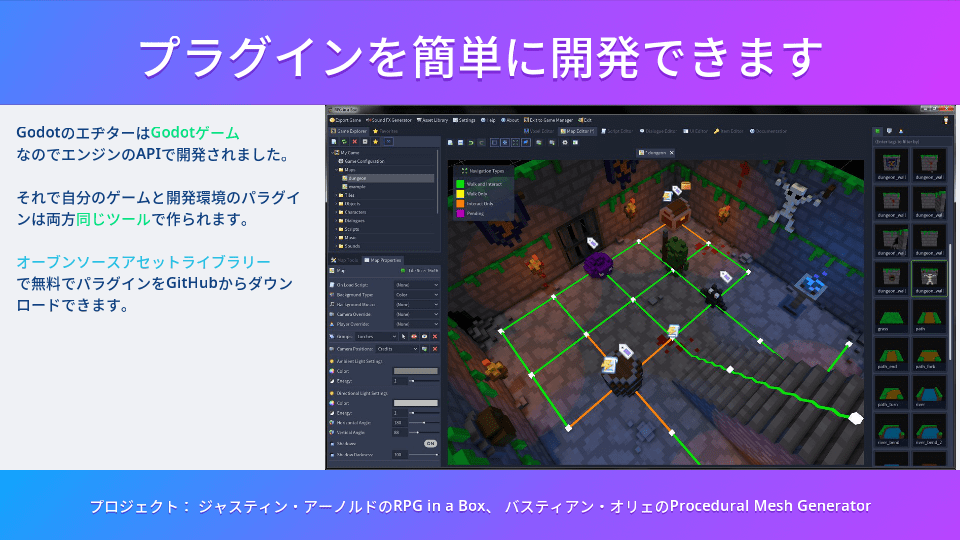
It went well, but…
…I feel that the Japanese are not ready to switch from Unity to Godot just yet.
Almost no one had ever heard about the engine besides the event’s organizers. The educational resources are not on par yet and switching engines is an involved job.
But at least, this 5 minutes intro seems to have poked the audience’s curiosity. Hopefully, a few persons will try it and, over time, more Japanese developers will give a hand with translations and start creating tutorials.
I met a few professional translators who already like the engine. In the future, an option would also be to fund translation work through the community.
As you’d expect, the presentation had to be entirely in Japanese. But if you open the presentation in Godot Slides, the updated slides are available both in Japanese and in English.
On a side-note, we got to meet with Securas, an inspiring scientist who also creates lovely games for jams. If you’ve ever seen Daisy dangerous, Daemon vs Demons, or Crackshot, they’re all from the same author! Also, they’re all open source, hosted on his GitHub page. He’s absolutely lovely, and his work is exciting. I sincerely hope we’ll get to meet again!
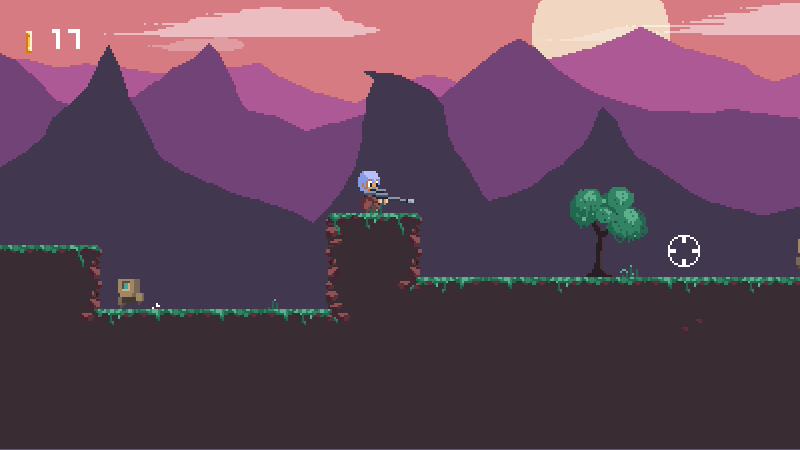
Open projects in Kyoto: showcasing Open RPG
We’ve wanted to embrace open source fully for a while with GDQuest. To build every project out in the open from the start. It’s a tough decision to take as coordinating and reviewing everyone’s work takes a lot of time. The users’ expectations with free software tend to be quite high even if all the developers contribute benevolently.
Long story short, After the presentation in Tokyo, I got to showcase our recent open source projects to a panel of foreigners and Japanese game creators at Kyoto Indies.
We’ve been doing work on the map, the dialogue system, and added touch support to open RPG. There again I’ve tried to poke at the participants’ curiosity, hoping to get some more people to check the tutorials, and eventually use our RPG system as a base for their own projects.
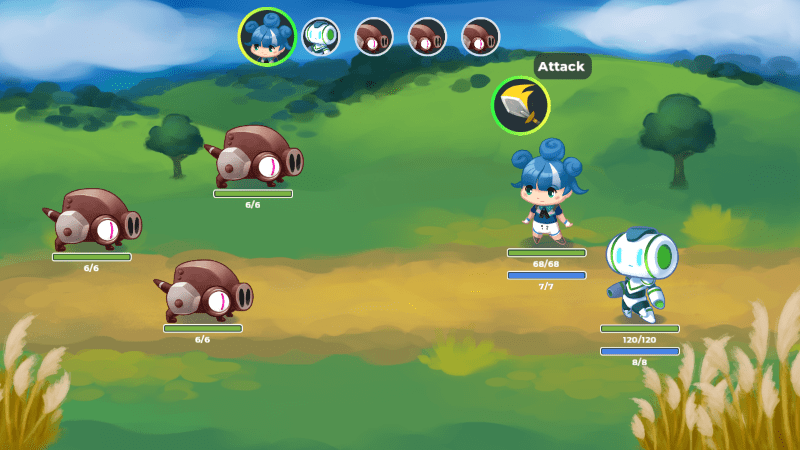
We’re working on AI and on the quest system at the moment. You can join the discussion and follow development on the open RPG’s GitHub page and on our Discord discussion channel.
To talk about the presentation or collaborations, you can also find GDquest on Twitter!
Thank you for your time :)
